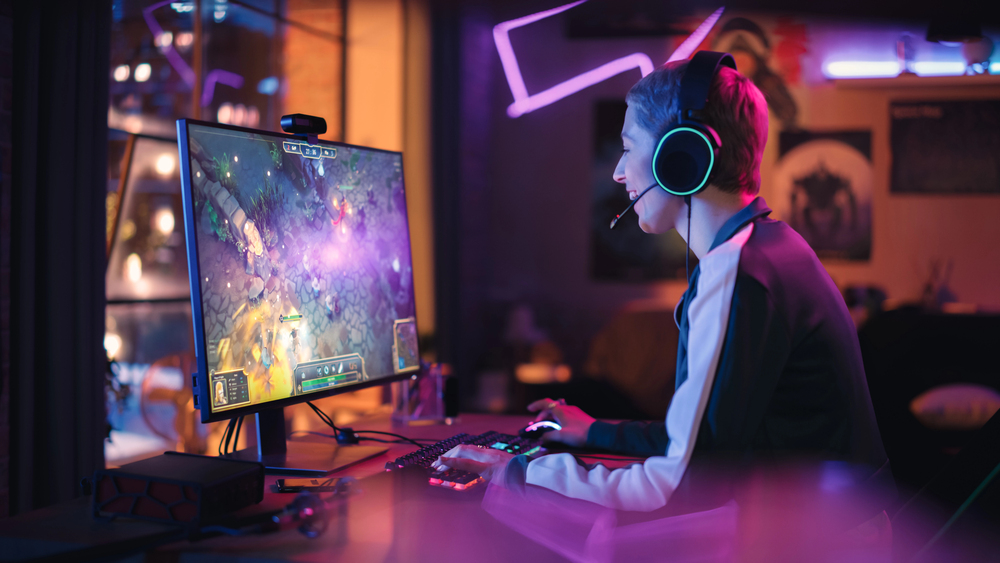Losing track of time while gaming is common. This article outlines clear steps to track screen time, set boundaries, take breaks, and identify when gaming starts to impact other areas of life.
How to monitor your gaming habits

How to monitor your gaming habits
Gaming is a blast, no doubt about it. But when you’re in the zone, it’s easy to lose track of time. The trick is to enjoy the games you love while still staying in control. Here’s how you can make sure your gaming habits stay healthy and fun.
Track your screen time
Time can easily blur when you’re playing. You think you’ve been playing for 30 minutes, but it’s actually been three hours. If you haven’t done it before, it can be truly eye-opening to track your screen time.
Most devices have features built in to show you exactly how much time you’ve spent. The point here isn’t to shame yourself, but to make you more aware of your habits. Once you know your patterns, you can make better choices.
Set boundaries and limits
Boundaries don’t have to limit your life or your sense of enjoyment. The idea is just to make sure you have room for all the other things in your life.
Think about your day: do you have plans in the morning? It might be worth setting a 60-minute timer before bed, so you can hit the sack at a reasonable hour and not feel like you’ve traded sleep for another round.
Some games and platforms, like many bingo mobile apps, have built-in features where you can set time limits and reminders. Use these to your advantage. There’s no harm in enjoying your favourite game – just have a clear idea of when you’ll step away.
Take regular breaks
It’s important to take breaks when gaming, whatever the time of day. Just a quick stretch or a 5-minute walk around the room (or outside) can do wonders.
One of the best ways to keep gaming fun is to remember to give yourself small yet regular breaks. You’ll help keep your mind fresh for when you feel ready to play again.
Gaming and Your Social Life
Gaming can be a good way to stay connected with others. Many multiplayer games make it easy to talk, team up, and build friendships online. Whether you’re playing with friends or meeting new people, it can add a social element that’s both fun and rewarding.
But it’s also important to keep a balance. If gaming starts replacing time with family or offline friends, it might be worth adjusting how much you play. Some people also find online communities stressful or negative, which can affect how you feel after a session.
If you want to keep the social side of gaming healthy, try using voice or video chat to make your interactions feel more real. Make time for social activities outside of games too. When gaming supports your relationships instead of replacing them, it becomes a more positive part of your life.
Recognise the signs of problematic behaviour
There are a few key signs to watch out for. If gaming starts to make you feel stressed or anxious when you play (or even when you can’t play), or if it’s affecting your relationships or daily responsibilities, that’s when it’s time to take a step back.
Signs Your Gaming Habits May Be a Problem:
- You feel anxious when not playing
- You skip meals, sleep, or responsibilities to keep playing
- You argue with family or friends about your gaming time
Look at your gaming habits and ask yourself: Is this affecting other parts of my life? It’s okay to love gaming, but it’s equally important to make sure it doesn’t go too far. If you feel like things are getting out of hand, take a break and find ways to ease back into a better routine.
Gaming is supposed to be enjoyable. Keep an eye on your habits, and enjoy what you’re doing. If things start spilling over into other areas of your life, perhaps it’s time for a break.








